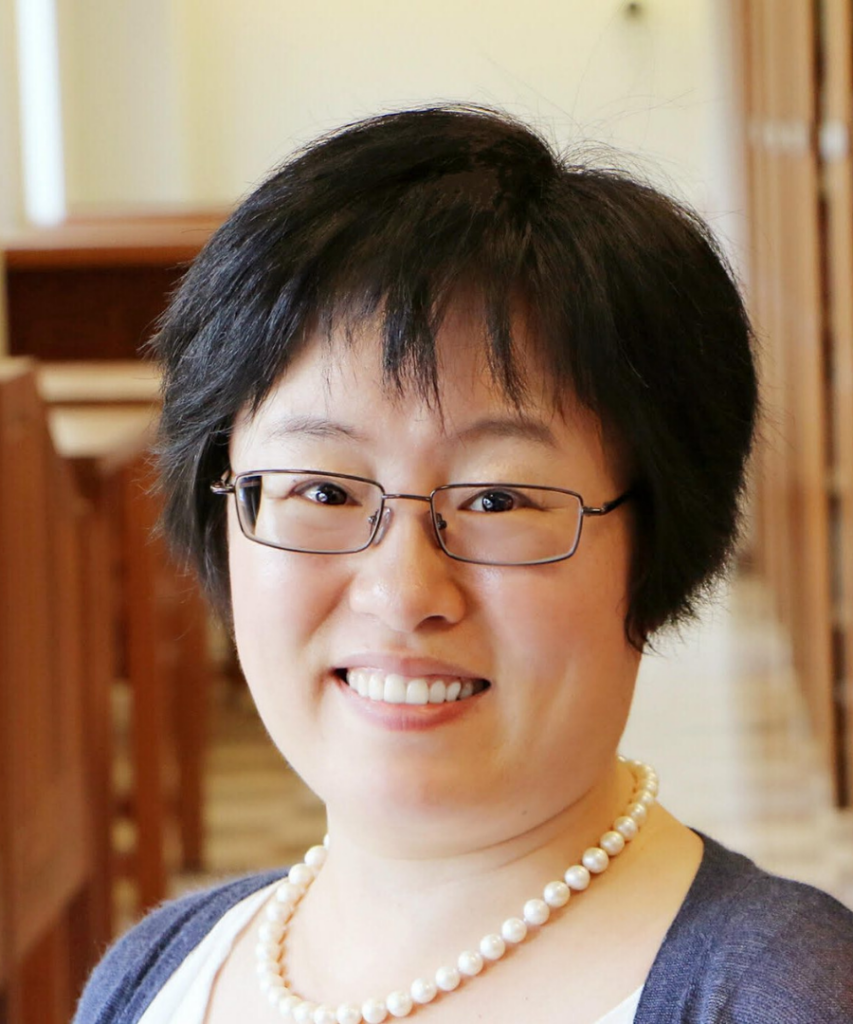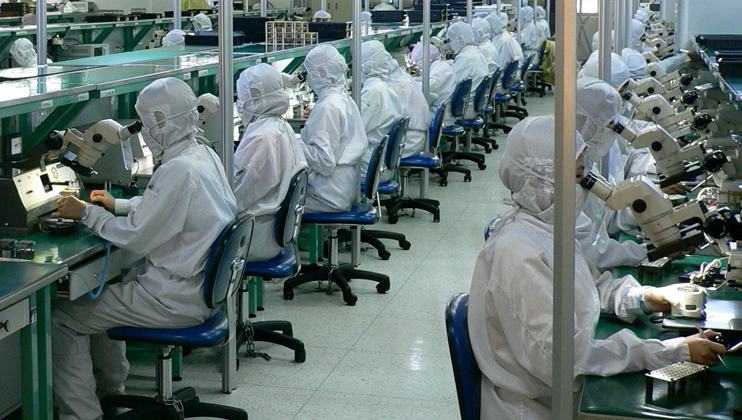Tuesday, December 12, 2017 | 5:30 PM EST - 7:00 PM EST
National Committee on U.S.-China Relations |, New York, NY
Over the last three and a half decades, China’s rise has largely been underpinned by two great transitions: from socialism to capitalism, and from agriculture to industry. The workplace and the institutions that govern it have served as the critical link that enabled these transitions to take place. As these processes continue, the interests of the central government and Chinese workers have converged upon improved working conditions and formalization of employment. Workers have naturally sought greater security in their new urban homes, and China’s leaders have seen the long-term strategic utility of better labor laws as the country moves away from reliance on low cost, low-tech manufacturing. Even so, there remains a wide gap between what is promised by the central authorities, and what is delivered on the factory floor. How the Chinese government confronts this complex policy landscape is the central question of political science professor and China expert Mary Gallagher’s new book: Authoritarian Legality in China: Law, Workers, and the State. In her book, Dr. Gallagher elucidates the aims and trajectory of Chinese labor law, as well as what the implications are for China’s workers. She joined the National Committee on December 12, 2017, for a discussion of her book and new developments in China’s labor laws and workplace relations. The conversation was moderated by Qin Gao, professor of social policy at the Columbia School of Social Work.

Mary Gallagher
Mary Gallagher is a professor of political science at the University of Michigan where she is also the director of the Kenneth G. Lieberthal and Richard H. Rogel Center for Chinese Studies.
Professor Gallagher received her Ph.D. in politics in 2001 from Princeton University and her B.A. from Smith College in 1991. She studied at Nanjing University in 1989 and taught at the Foreign Affairs College in Beijing from 1996 to 1997. She was a Fulbright Research Scholar from 2003 to 2004 at East China University of Politics and Law in Shanghai. In 2012-2013, she was a visiting professor at the Koguan School of Law at Shanghai Jiaotong University. She is also a fellow in the National Committee’s Public Intellectuals Program.
She is the author and editor of several books, including Contagious Capitalism: Globalization and the Politics of Labor in China (Princeton 2005); Chinese Justice: Civil Dispute Resolution in Contemporary China (Cambridge 2011); From Iron Rice Bowl to Informalization: Markets, Workers, and the State in a Changing China (Cornell 2011); and Contemporary Chinese Politics: New Sources, Methods, and Field Strategies (Cambridge 2010).

Qin Gao
Qin Gao, PhD, is professor of social policy and social work at Columbia University School of Social Work and founding director of China Center for Social Policy. She is a faculty affiliate of the Columbia Population Research Center and Weatherhead East Asian Institute. She is also an academic board member of the China Institute for Income Distribution at Beijing Normal University, and a Public Intellectual Fellow of the National Committee on United States-China Relations. Dr. Gao’s research examines poverty, income inequality, and social welfare policies in China and their cross-national comparisons. Dr. Gao also studies gender inequality and social protection for rural-to-urban migrants in China. She has published widely in leading interdisciplinary journals such as The China Quarterly, Journal of Contemporary China, Journal of Policy Analysis and Management, Journal of Social Policy, Review of Income and Wealth, Social Service Review, and World Development. Her new book, Welfare, Work, and Poverty: Social Assistance in China (Oxford University Press) provides the first systematic and comprehensive evaluation of the impacts and effectiveness of China’s primary social assistance program — Dibao.
